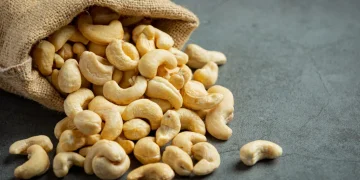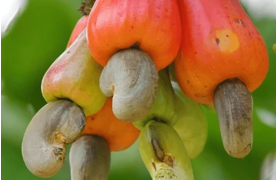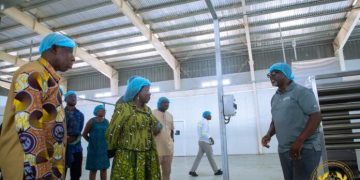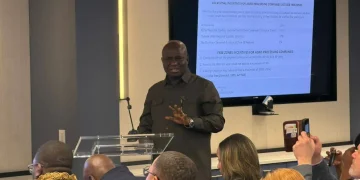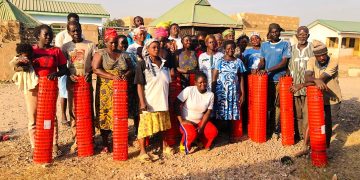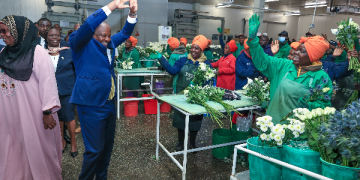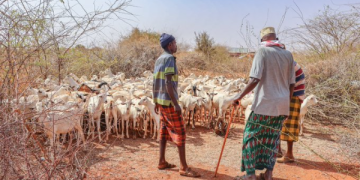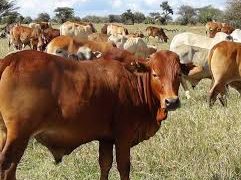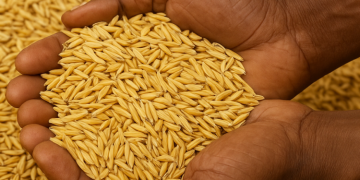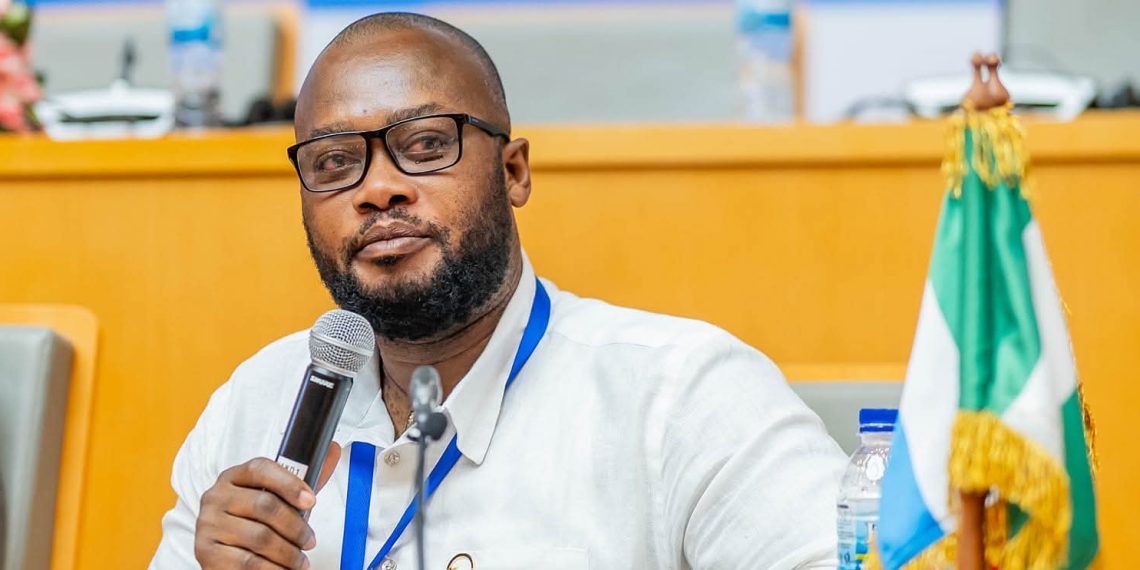Chief Executive Officer (CEO) of Chamber of Agribusiness Ghana (CAG), Mr. Anthony Morrison has stated that smart digital farming is synonymous with youth which is why it is essential to develop their skill to be more competitive in the agricultural space.
Delivering his keynote address at the AgriTech edition of the Africa Digital Dialogue on Friday, November 21, 2025, Mr. Morrison said for Ghana to be competitive at the global stage in agriculture there is the need for skills development.
He stated that the country needs to be very clear and intentional about skills development as it appears to be key in digital and smart farming. He revealed that, also sitting in as the Chairman of Ghana Agriculture Sector Skills Body of TVET, has developed several skill focused curricula that will help in this regard. According to him, “Education does not build economy, it is the skills, and digital farming is one of the skills to look at to drive growth.
He highlighted that the global digital smart farming market is booming and valued at $3.7 billion and fast rising, outlining Ghana’s vibrant digital position to receive her share if things are done right. However, the CAG CEO depicted that the country’s regulatory environment has not been quiet open to what we need to do to thrive.
Mr. Morrison proposed that “for us to be able to develop that kind of global competitiveness we need to follow the likes of what south Korea, Japan and others are doing.” “We need to establish a national skill development and research institute that will research into the global competitive skills demand.”
He added that the government should be intentional about its polices for the agric sector for transformation on the long run by incorporating Artificial Intelligence (AI) and Machine Learning in educational and skill training institutions to become a cultural habit of the youth.
He reiterated that the country’s inability to stay competitive global is evident in its food production as Ghana produces only 1.9 to 2.3 metric-tonnes per hectare as against countries like Thailand, India, Vietnam, and others are doing 9 to 11 metric-tonnes.












